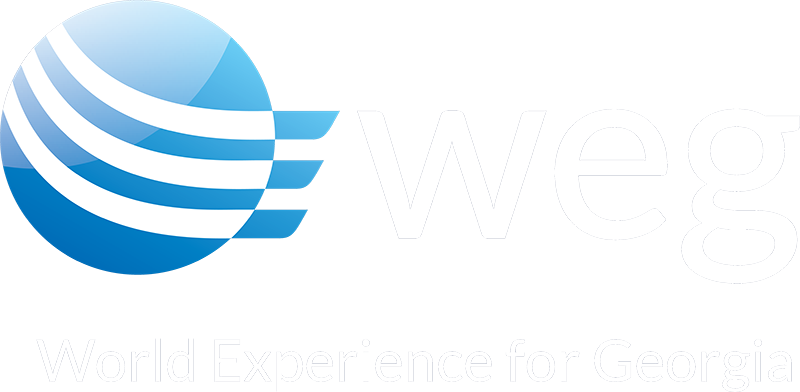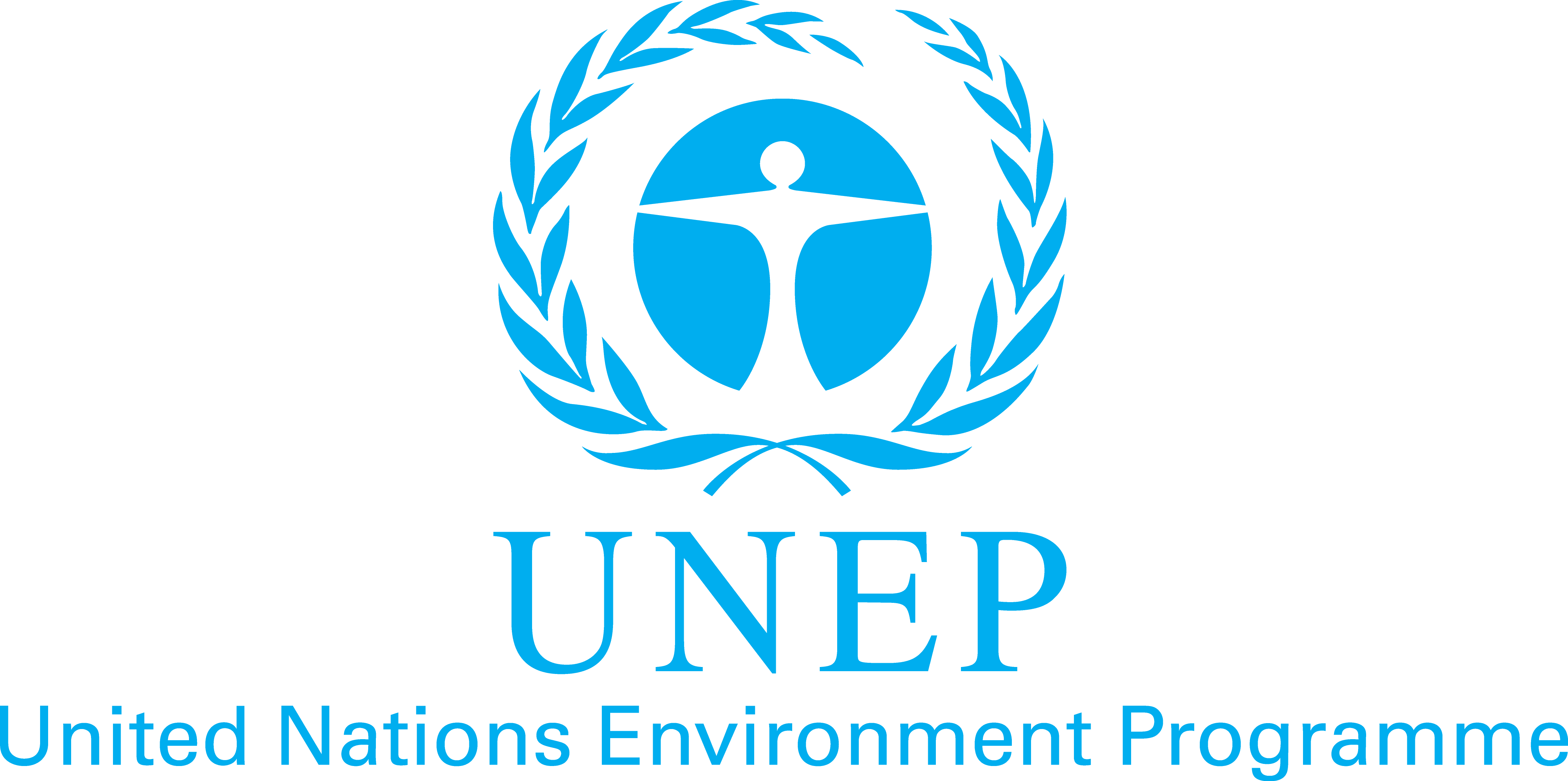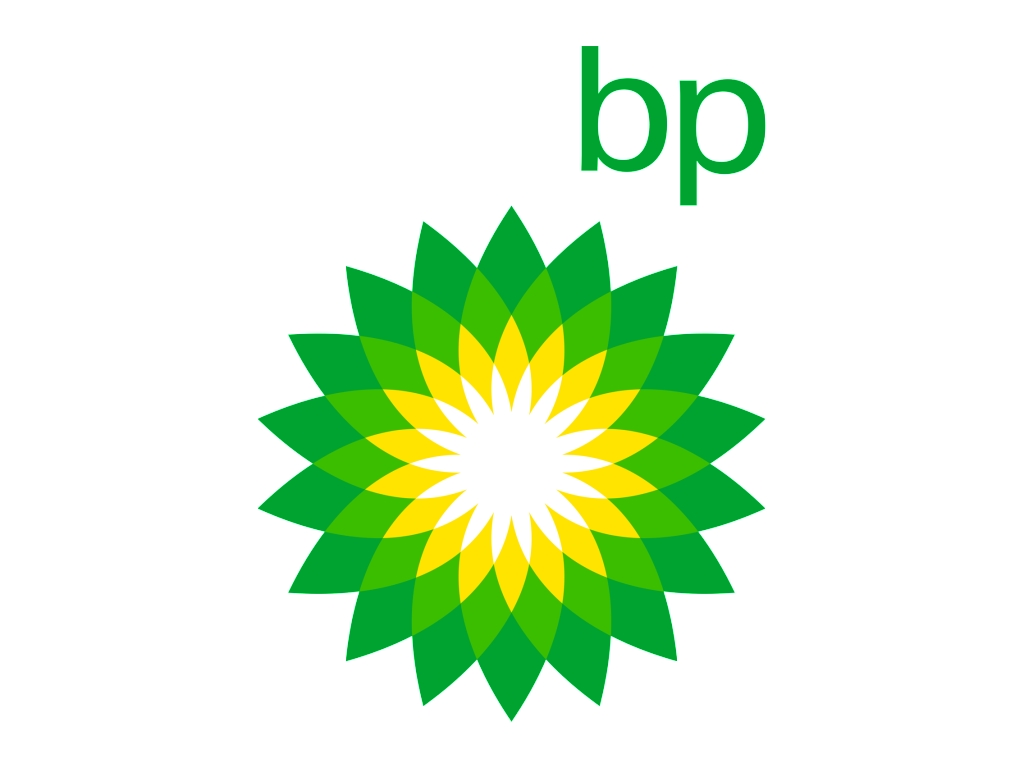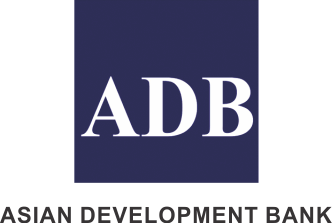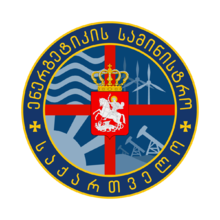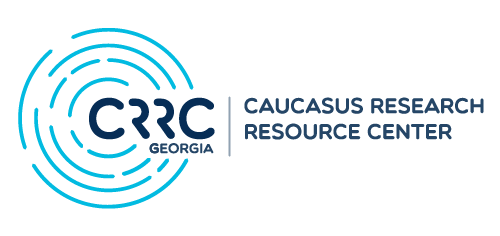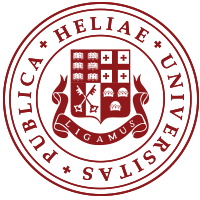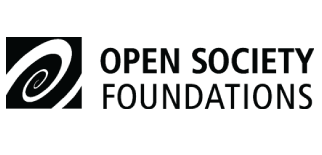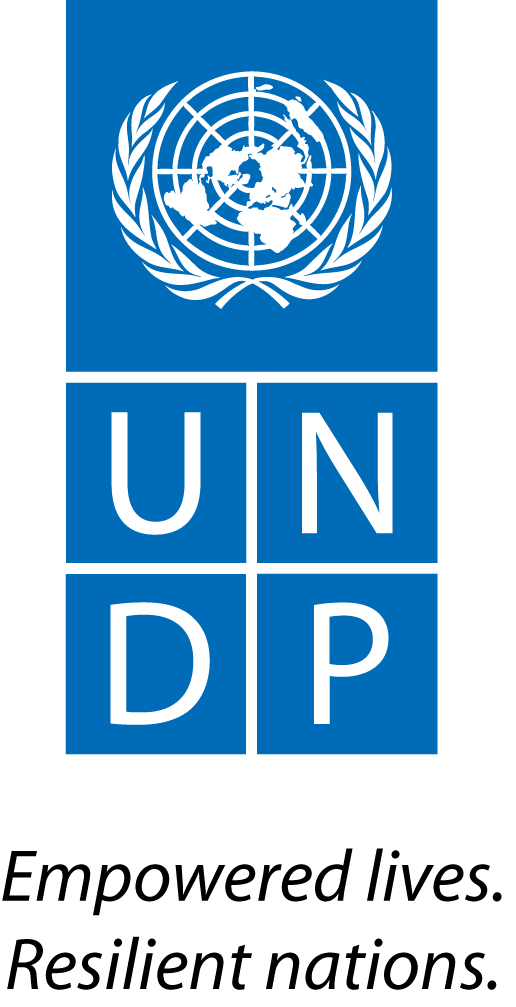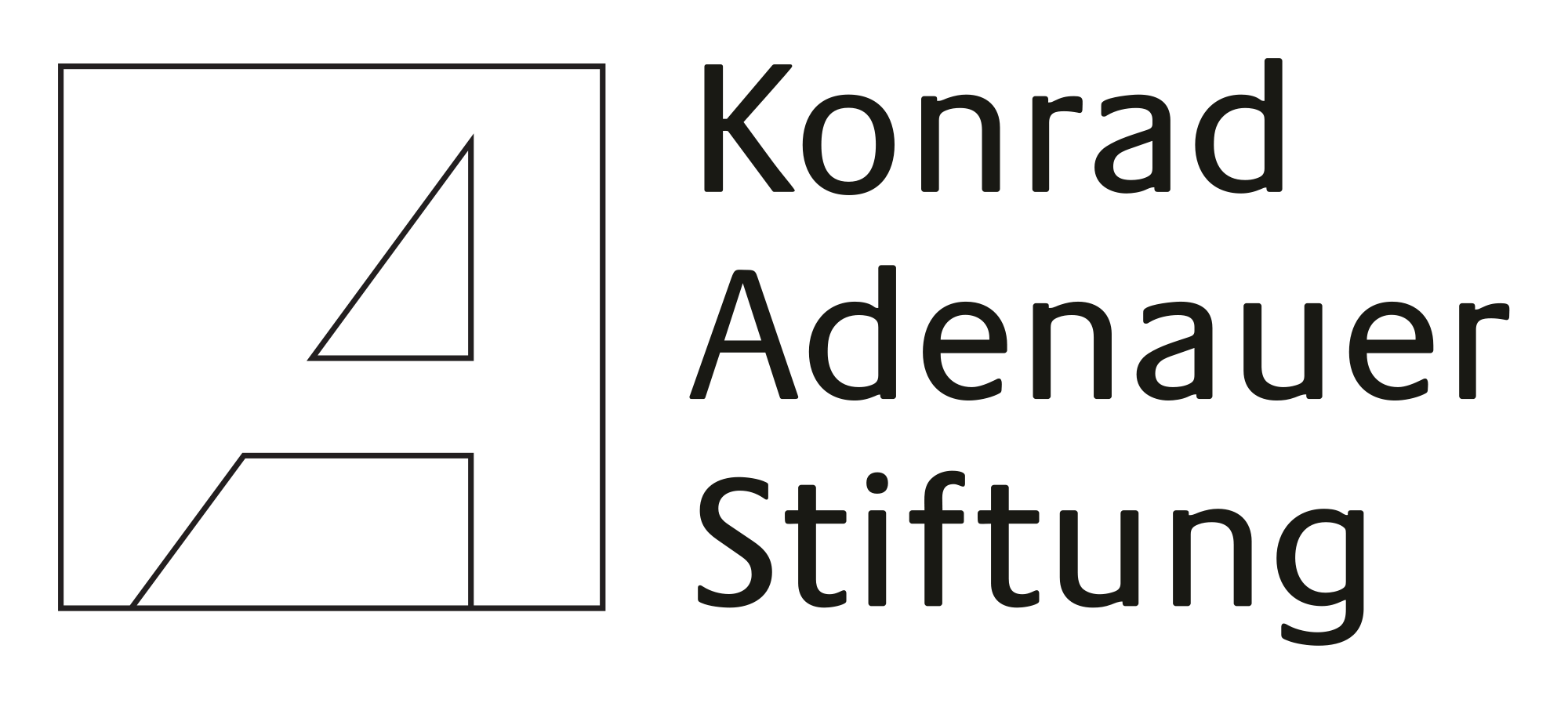Meeting of EaP Platform III on Energy Security in Brussels
11th meeting of Eastern Partnership Platform III on Energy Security was held on June 23-24 in Brussels. The event was dedicated to discussion of Energy Efficiency issues.
The event was opened and chaired by MechthildWorsdorfer – Director for Energy Policy of DG Energy. The representative of External Action Service made a review of EaP process after the Vilnius summit with the prospects for the coming Riga summit. DG Energy presented the progress towards EU 20-20-20 goals and outlook on energy efficiency with the perspective of 2030. Ms.TheaKhitarishvili of IEA presented the results of a review conducted by IEA benchmarking and comparing the progress in Energy Efficiency in each partner country.
In the roundtable discussion the representatives of government authorities from EaP countries presented the ongoing work and results on energy efficiency in their respective countries.The focus in most ministry presentations was made on supply side efficiency.
The Georgian Delegation comprised NugzarBeridze (GNERC), Natalia Jamburia and Tamar Janashia (Ministry of Energy), David Gigineishvili (Ministry of Economy and Sustainable development) and ZviadArchuadze (Tbilisi City Hall). The ministry presentation on Energy Efficiency work in Georgia was made by Ms.Jamburia.
MurmanMargvelashvili and AndriyChubik (Ukraine) represented the working group III of Civil Society Forum at the meeting. Mr.Chubik made an overview of progress in energy efficiency in Ukraine, whileM.Margvelashvili had an intervention on behalf of civil society.
The main messages included the suggestion of systemic view on Energy Efficiency as a feature of more developed society and to judge on the progress based on efficiency of relevant laws, institutions and regulations in each country. A need for more in-depth benchmarking based on sector intensities versus simplistic approach using the GDP energy intensity was also mentioned. The adequate prices, proper metering and competition were underlined as most effective measures for achieving the efficiency of energy consumption that can solve many of the issues raised by some country representatives. He also the voiced the need for higher quality studies of EE potential in partner countries that would be convincing for stakeholders and stimulate an action.
M.Margvelashvili also voiced a recommendation of inviting the CS representatives from Each EaP country to EaP Platform III meetings in order to better inform wider societies in each of them on ongoing work.
